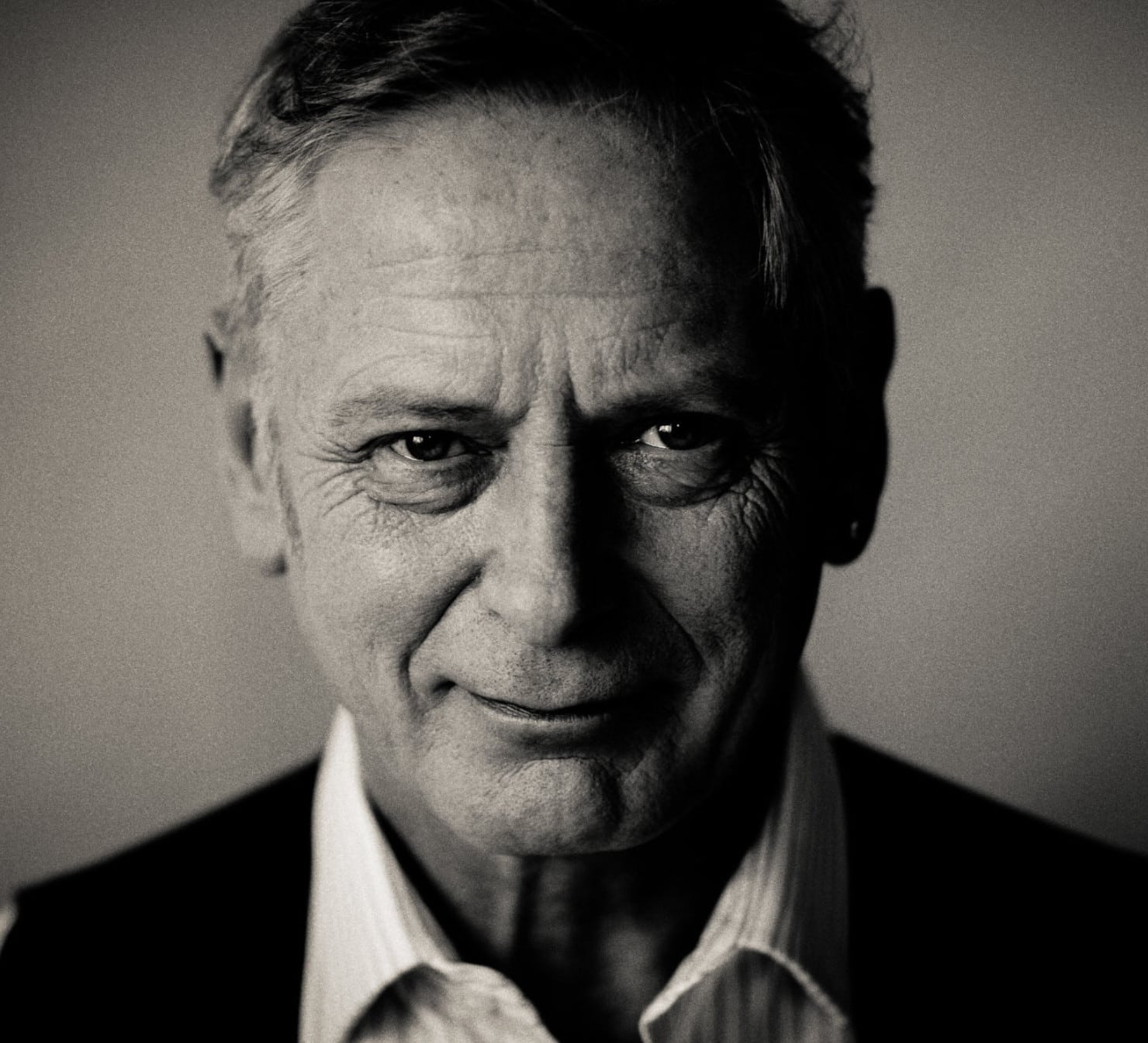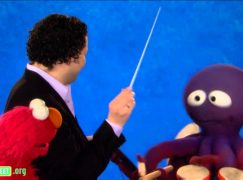Feeling blue? See a doctor in Turku
mainThe Finnish town of Turku, Europe’s Capital of Culture 2011, is moblising the medical profession to assist in arts promotion.
Health centres in the city have been issued with 5,500 free tickets for events and doctors are being asked to give them out to patients who might be helped by a good night out.
The benefits have yet to be tested and there will be no scientific monitoring of results – does blood pressure drop during Sibelius 5? Is depression cured by The Brothers Karamazov?. That might lead sceptics to dismiss the initiative as a cheap gimmick.
Still, given that many patients are treated with placebos and palliatives, there could be some mileage in using small doses of the arts to cut the drugs bill. There are possibilities here, and I intend to watch them closely.
Turku, by the way, will share the cultural capital status next year with the Estonian city, Talinn,
Press release below:
Culture Cures: Doctors Prescribe Tickets to Cultural Events in Turku, Finland
Turku, European Capital of Culture 2011, intends to prove the claim that “culture cures”. The idea for doing this is a cultural prescription.
The City of Turku Board of Health Care decided that 5,500 free tickets to cultural events taking place in 2011 would be given out at municipal health centres.
– “When seeing patients, doctors will consider whether a cultural visit may benefit a patient as a supplement or even as an alternative to medical treatment,” explains Aleksi Randell, Mayor of Turku.
Turku is one of the first cities in the world to adopt a cultural prescription. And the events that it offers its citizens are not just any old thing. The prescriptions apply to 50 happenings related to the Capital of Culture, including the Cirque Dracula circus performance and a theatrical version of The Brothers Karamazov, directed by the renowned theatre director Kristian Smeds.
– “The City of Turku made a fine, open-minded decision. We are happy to participate in this kind of venture – as even the motto of the Capital of Culture goes: Culture Cures,” says Cay Sevón, Executive Director of the Capital of Culture project.
The population of the greater Turku area is 300,000 and the city itself 176,000. Previously the capital city and now the fifth-largest city in Finland, Turku is located on the west coast of Finland and has always been known as a place of diversity and culture.
Up to two million people from Europe and its surrounding areas are expected to attend the events in the Turku 2011 programme. The budget for the celebratory year is EUR 50 million. www.turku2011.fi/en and www.turku2011.fi/materials





I applaud the citizens of Turku–especially Mayor Randell and the City Board of Health, for recognizing the palliative impact of culture among its citizenry.
When one visits a loved one who is ill, what do people bring? Books, magazines, movies, music, and other culturally-related activities. To build upon this common sense of bedside manner to include tickets to performance is brilliant as well as intuitively logical.
I hope other cities may take note of what is happening in Turku, and adopt similar models. The benefits to all of society–not just those who are in hospitals for various medical treatments–is vast.
Brendan McCall
Director, Ensemble Free Theater Norway
The Mahler Chamber Orchestra came out of the Gustav Mahler Youth Orchestra. That’s where the name came from.
“The Mahler Chamber Orchestra was founded in 1997 on the initiative of Claudio Abbado and a group of musicians from the Gustav Mahler Youth Orchestra who wished to continue to play together even after reaching the youth orchestra’s age limit. The combined principles of artistic curiosity and the broadest possible spectrum of repertoire, both at the highest possible musical level, guided the ambitious ensemble in its founding and continue to shape its work today. The ensemble’s repertoire reaches from baroque to contemporary and includes everything from chamber music to symphonic programming, from operatic standards to world premieres.”
“The MCO is a free financed orchestra without any state support. ”